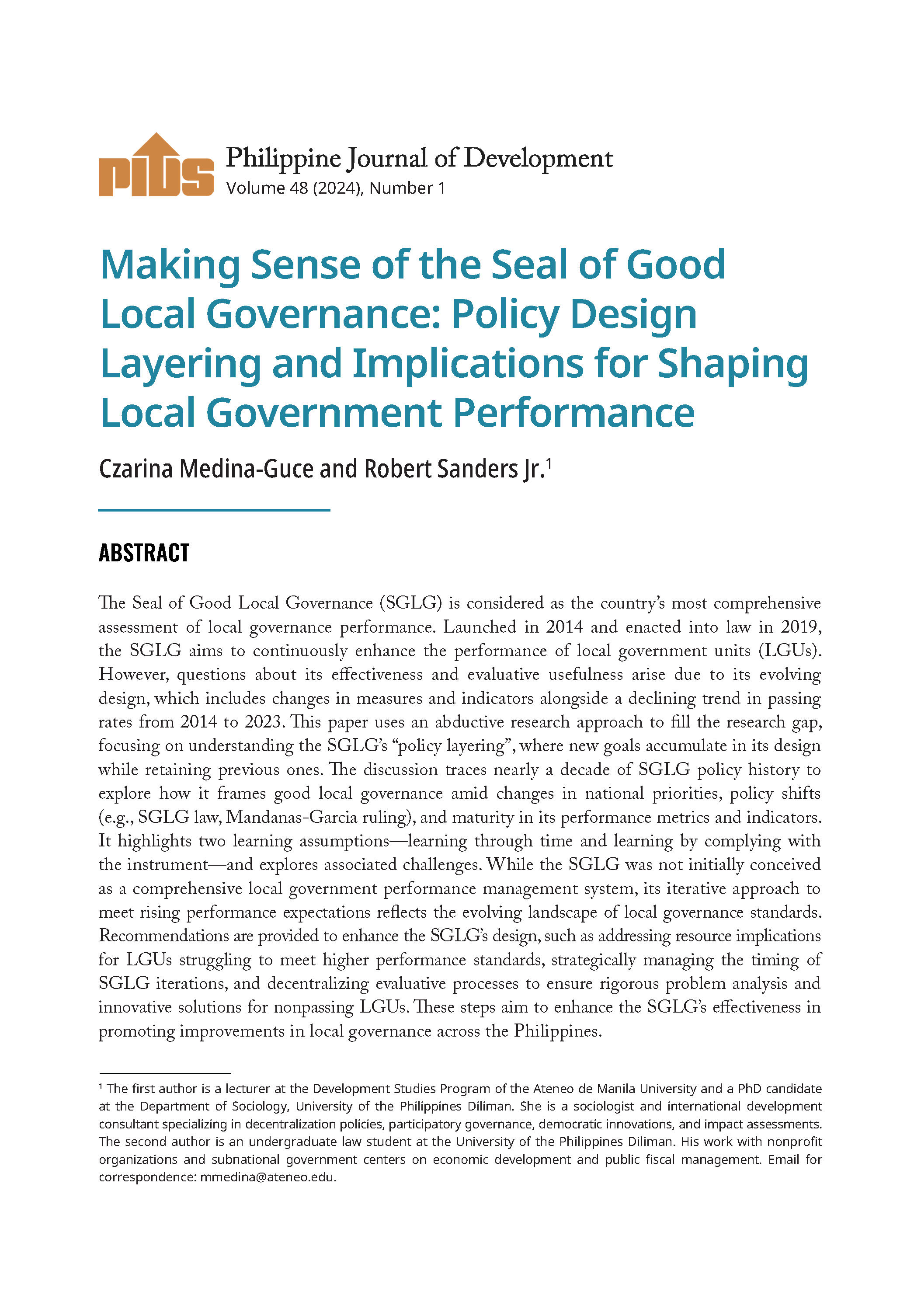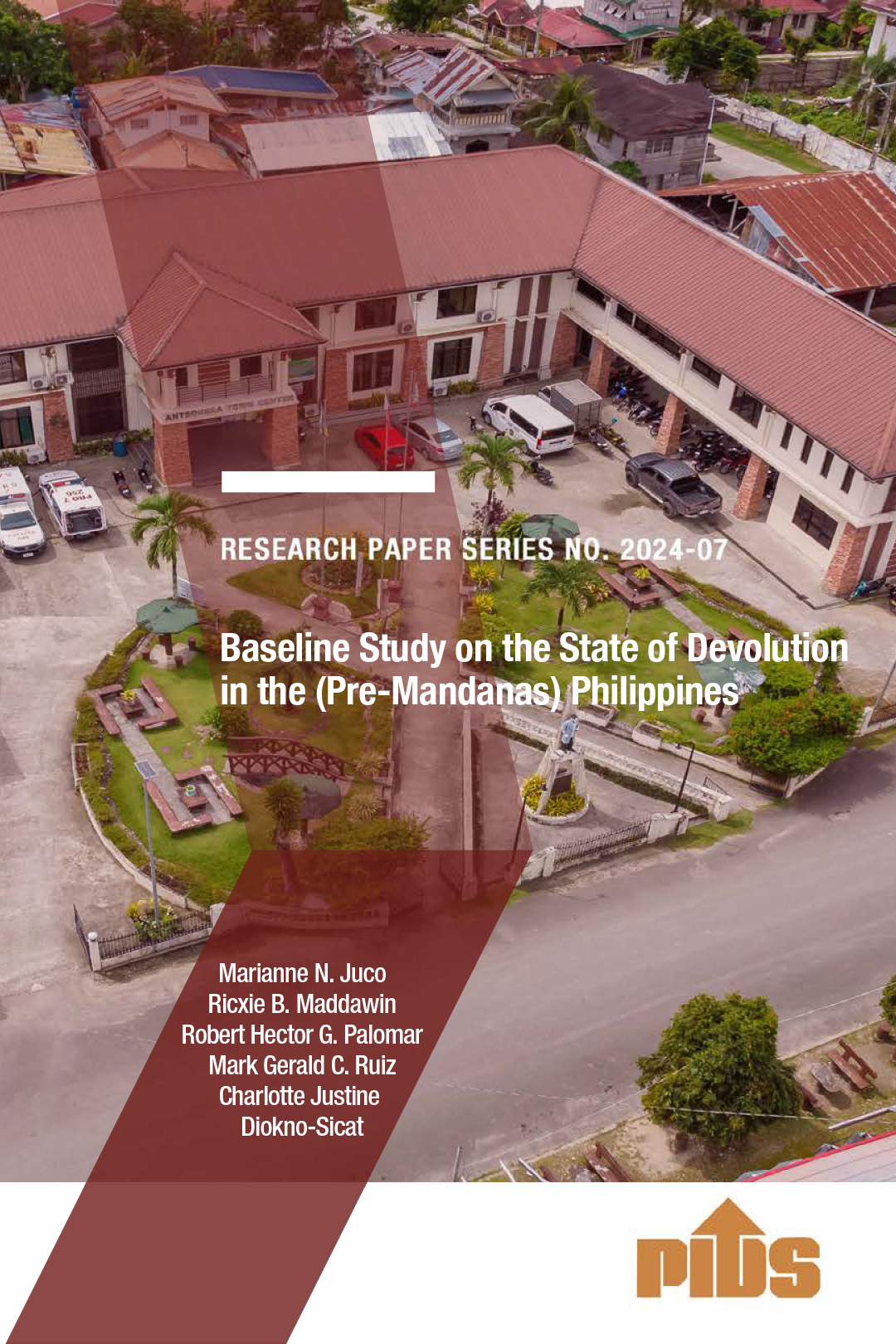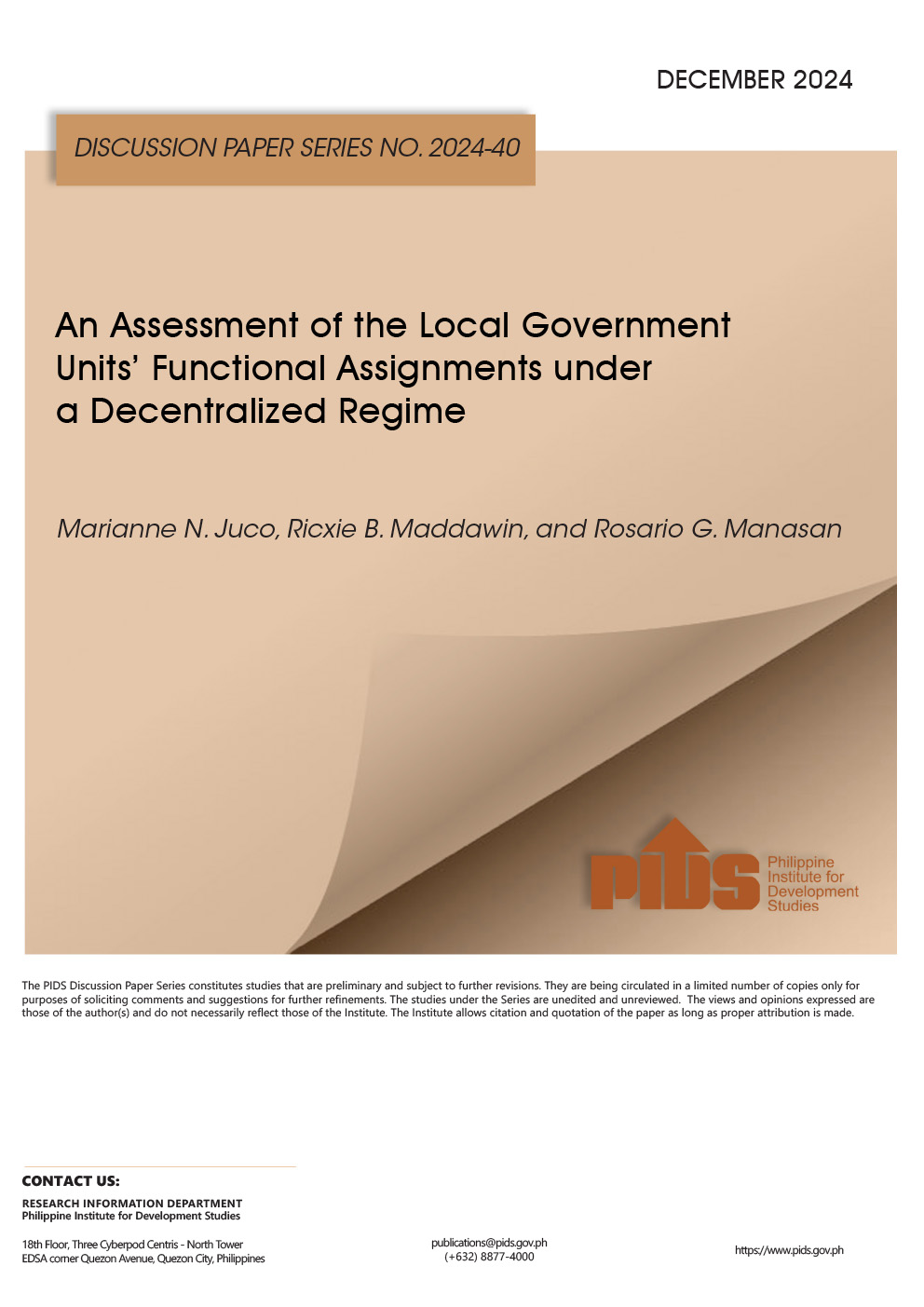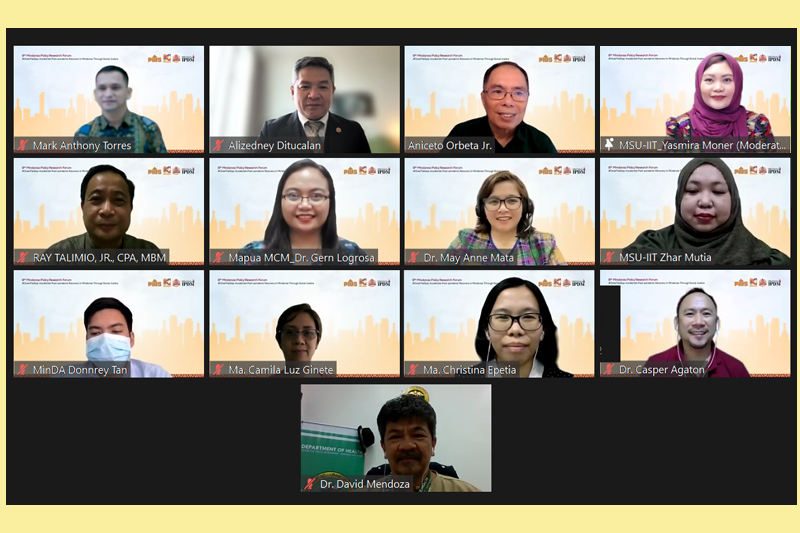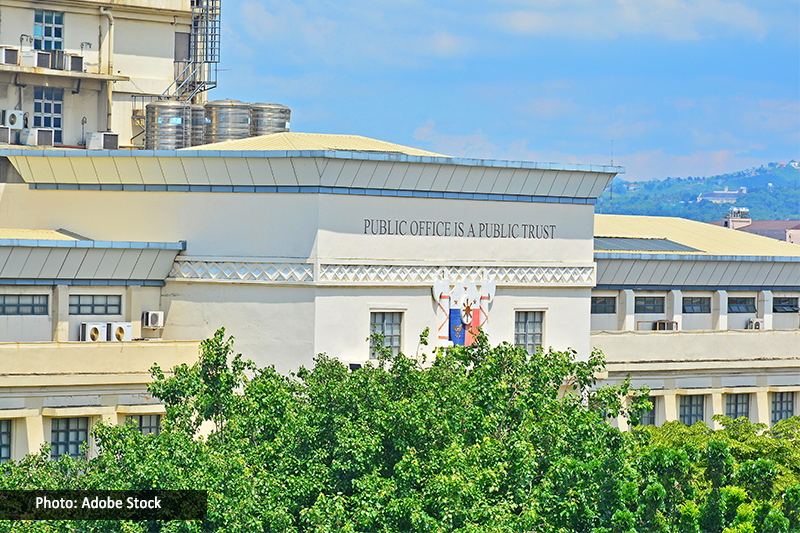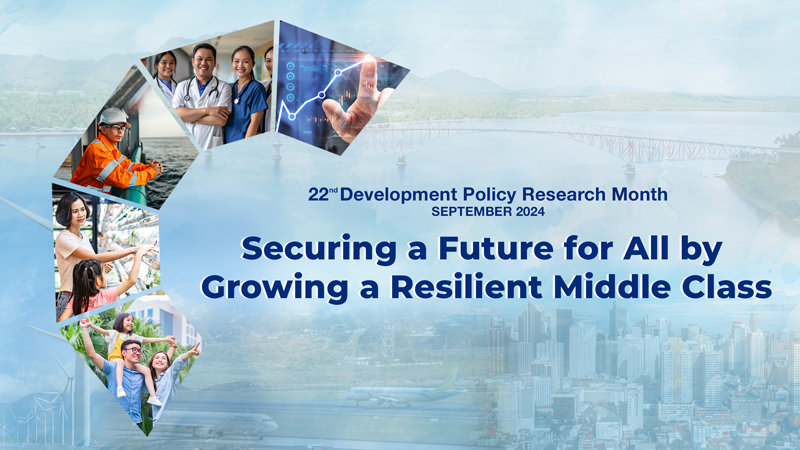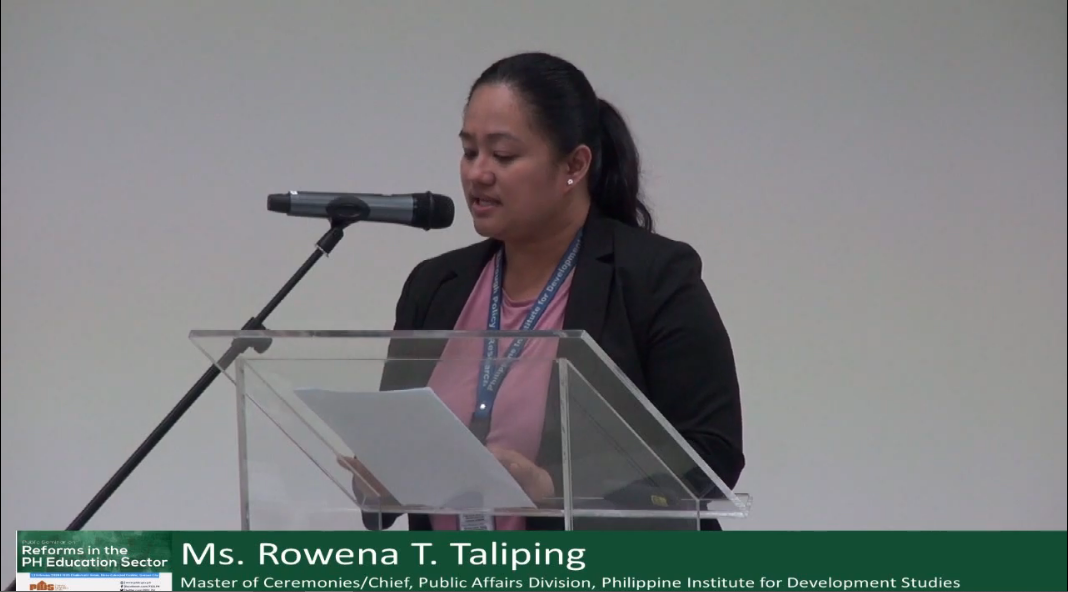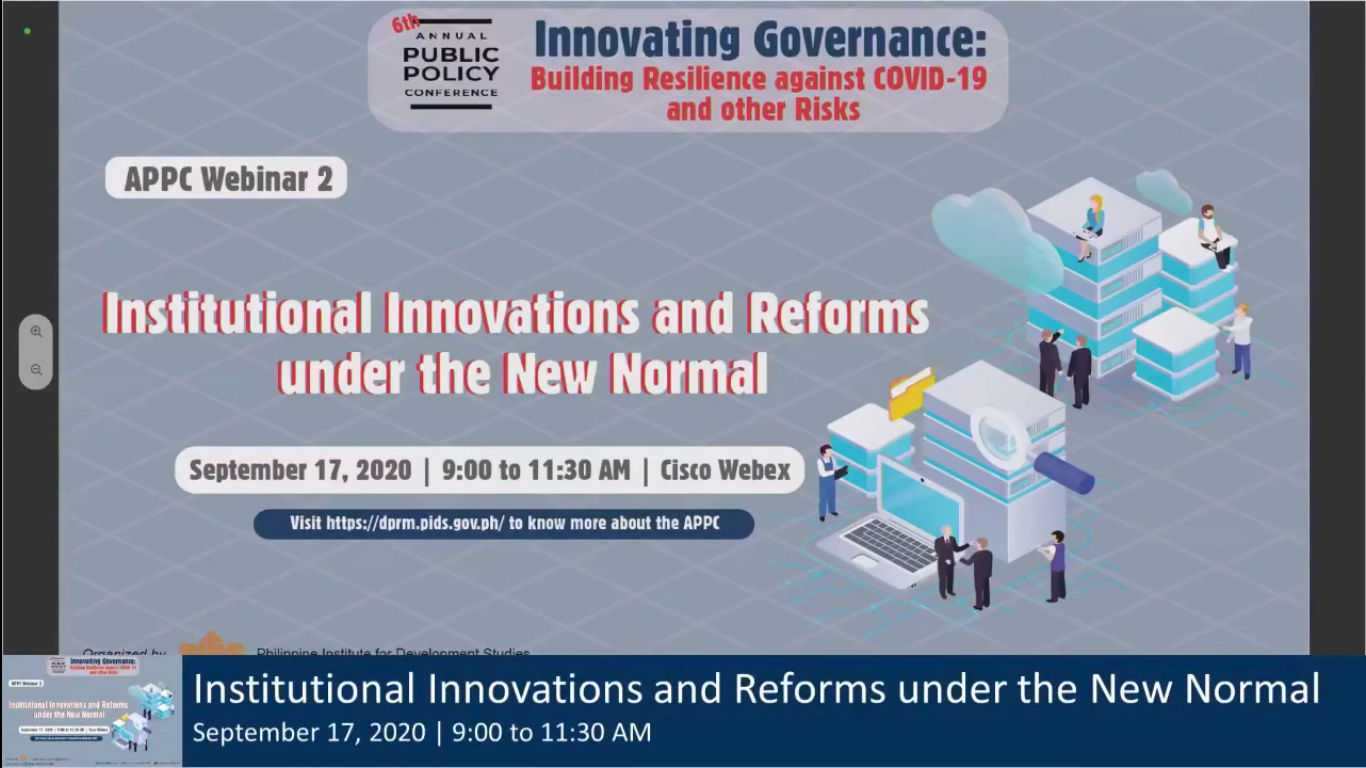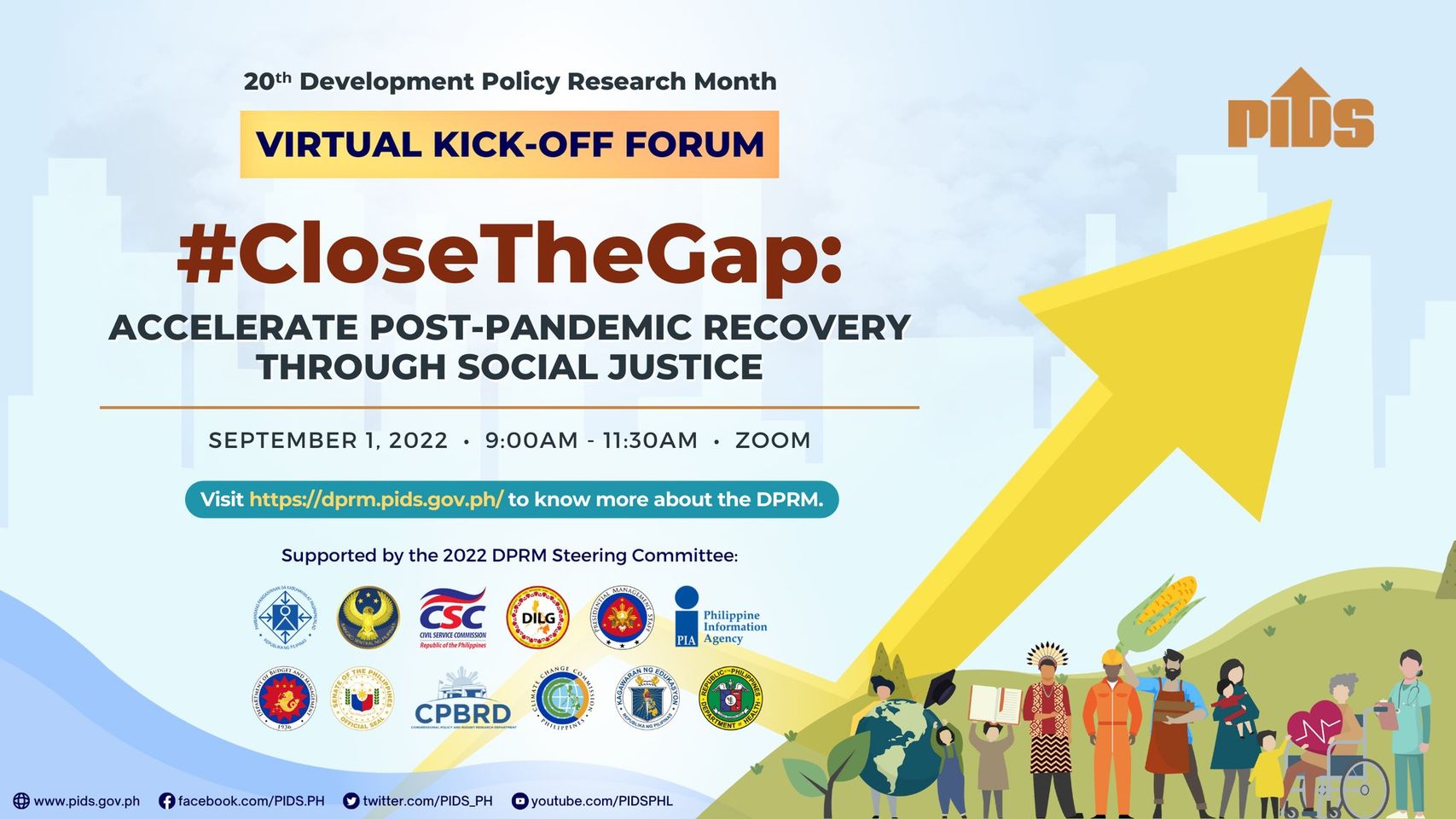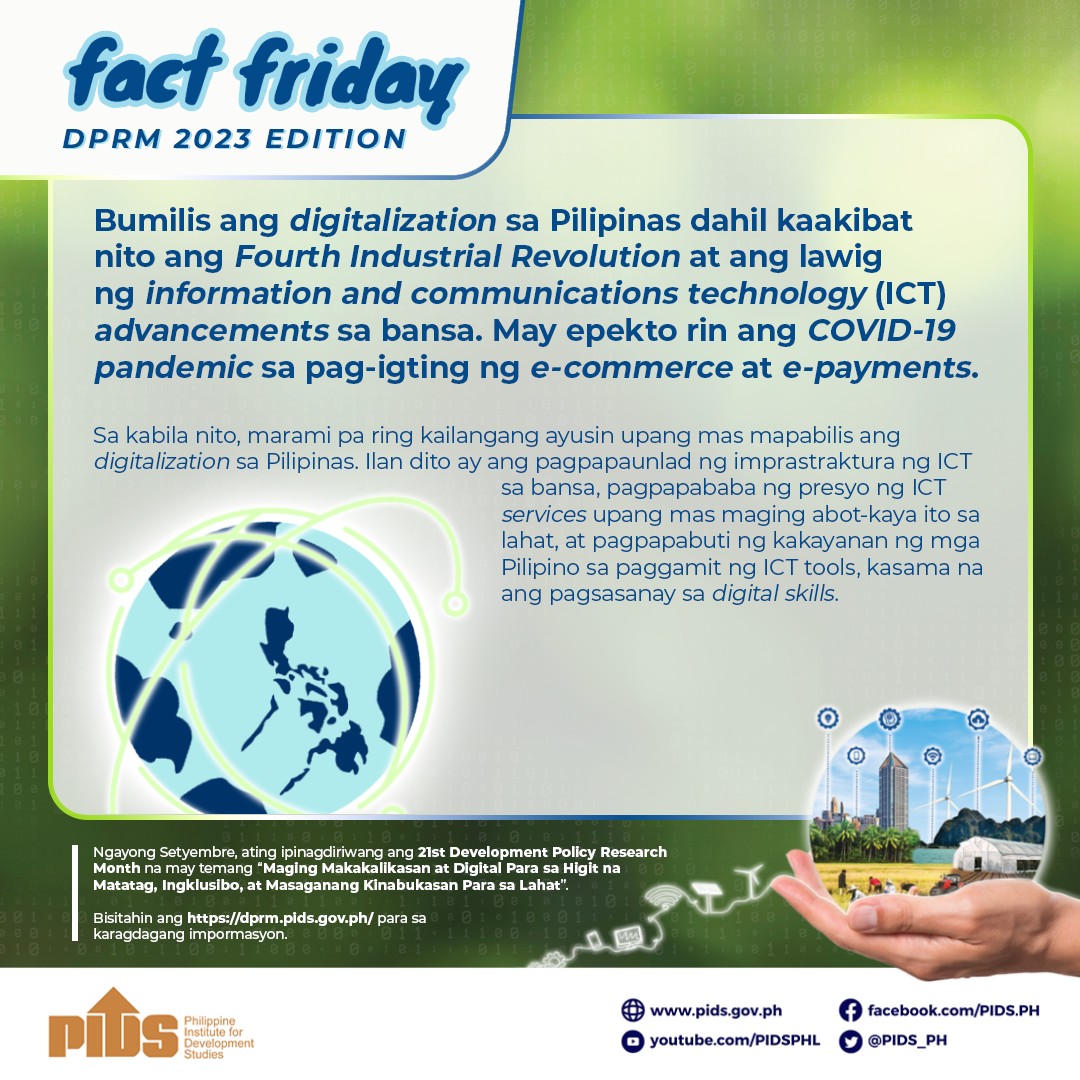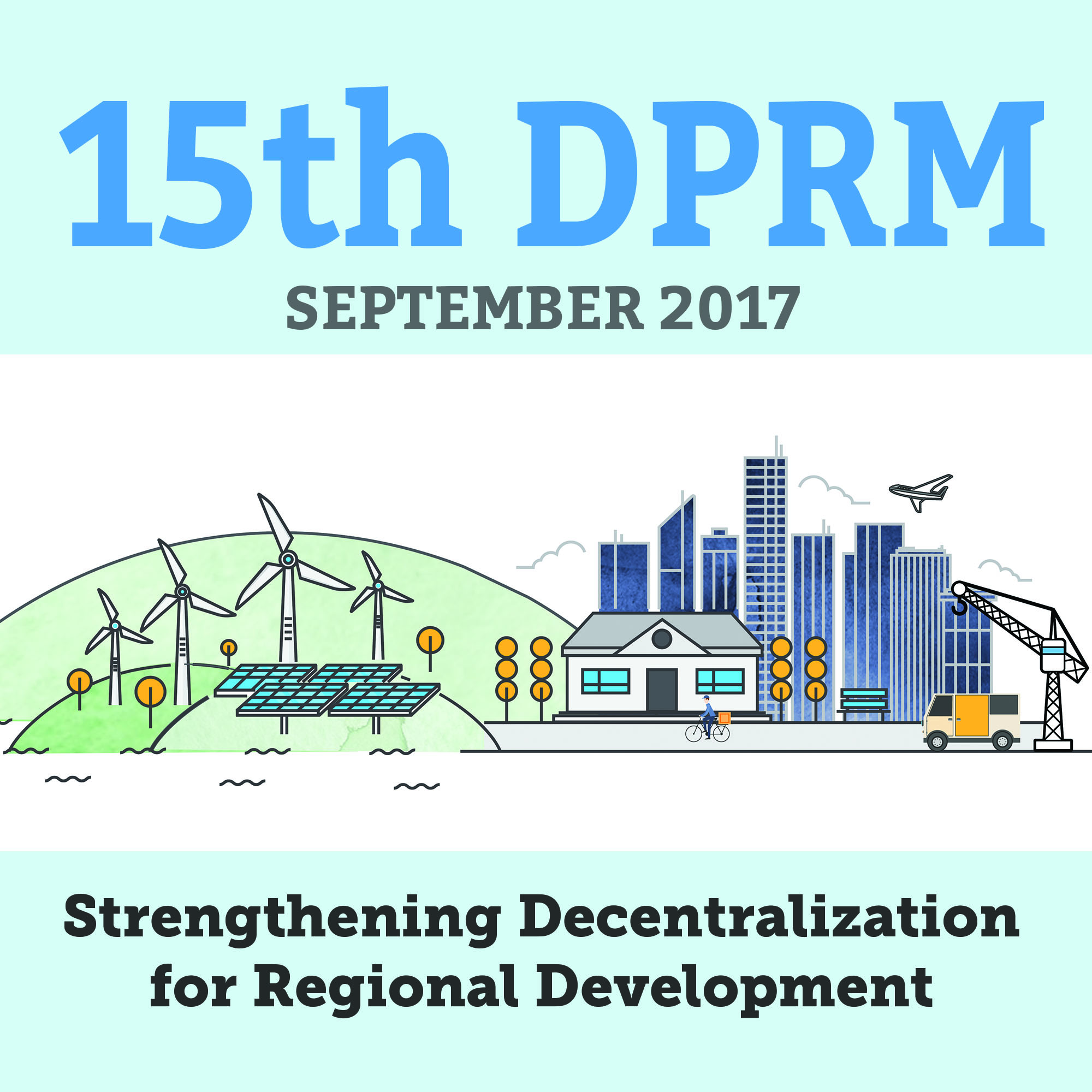
The Philippines has a long tradition of centralized governance. Since the Spanish period, Manila has served as the seat of economic and political power, which some claim became the main driver of the uneven development in the country today. Through the passage of the Local Government Code (LGC) in 1991, certain powers were devolved to local governments, which gave them political, administrative, and fiscal autonomy.
However, the impacts of decentralization have been mixed. Inequality in the country has remained high relative to its East Asian neighbors, and the poverty profile has barely changed over the past two decades. Poverty has remained highly concentrated in the rural areas, particularly in Mindanao. Effective decentralization has not been realized, analysts noted, because devolved functions were not complemented by adequate revenue-raising powers, clear division of responsibilities, and bureaucratic capacity building. Thus, local governments continued to face various challenges in the exercise of their devolved service delivery functions.
The expenditure assignment and spending distribution play a crucial part in it, according to Philippine Institute for Development Studies (PIDS) fiscal policy expert and Senior Research Fellow Rosario Manasan. The national government transferred many of its unfunded mandates to local government units (LGUs) leaving the latter unequipped with the necessary appropriations to carry out their additional responsibilities. As a result, some LGUs are struggling to sustainably finance their basic services, such as health and education, according to PIDS researchers Allan Layug, Ida Pantig, Leilani Bolong, and Rouselle Lavado. Uma Keleker and Gilberto Llanto, PIDS consultant and president, respectively, also discovered in their study that many LGUs are not even capable of providing the mandated benefits for their health workers under the Magna Carta for Public Health Workers.
Productive sources of revenues could have helped the LGUs finance their basic services. However, the LGC itself contributes to the low tax performance of LGUs, as it fails to empower them with greater discretion in raising the maximum allowable tax rates, according to Manasan. Llanto, in another study, claimed this limitation significantly reduces local fiscal autonomy and forces the LGUs to remain excessively dependent on the internal revenue allotment to meet local budgetary needs.
The failure of the government to prioritize capacity building also obstructs the country’s goal to fully decentralize. In the basic education sector, alone, the Philippine Human Development Report 2008/2009 criticized the institutional culture in the Department of Education (DepEd), wherein lower offices rely on explicit instructions from higher office before making decisions. The study tagged this top-bottom management process as antithetical to the core values of decentralization. It urged the DepEd to redefine the role of its central office, and empower and capacitate its staff to be effective despite the limited resources at their command.
The National Economic and Development Authority, in its Philippine Development Plan 2011-2016, also noted the “confused and overlapping performance of functions” as a factor behind the country’s failure to decentralize. In terms of infrastructure, for instance, an article in the Philippine Journal of Development published by PIDS found that the Department of Public Works and Highways and other national agencies are still involved in the construction of local roads, although with less budget and authority. In terms of administration, Keleker and Llanto found that LGUs are still complying with the guidelines of the Department of Budget and Management on their employees’ salary, despite the autonomy the LGC has granted them on this ground.
It is for these reasons that PIDS dedicated the celebration of the 15th Development Policy Research Month to the issue of decentralization reforms. With the theme “Strengthening Decentralization for Regional Development”, the Institute aims to highlight the need for in-depth reflections and evidence-based analyses of decentralization reforms in the country, including the shift to a federal form of government. For details on the 15th DPRM, go to https://dprm.pids.gov.ph/.
Know what other PIDS studies have to say about decentralization. Visit the Socioeconomic Research Portal for the Philippines. Simply type “decentralization”, “federalism”, and other related keywords in the search box.
Perspectives on Health Decentralization and Interjurisdictional Competition among Local Governments in the Philippines
Making Reforms Truly Transform: The Case of Philippine Basic Education
Do Barangays Really Matter in Local Services Delivery? Some Issues and Policy Options
Fiscal Decentralization and Local Finance Reforms in the Philippines
Local Public Finance in the Philippines: Lessons in Autonomy and Accountability
Decentralization of Governance and Financing of Public Roads in the Philippines in the 1990s
Paradigms of Decentralization, Institutional Design, and Poverty: Drinking Water in the Philippines
Local Public Finance in the Philippines: In Search of Autonomy with Accountability
Devolution of Environmental and Natural Resource Management in the Philippines: Analytical and Policy Issues
Managing Urbanization Under a Decentralized Governance Framework (Volume 1)
Managing Urbanization Under a Decentralized Governance Framework (Volume 2)
Regional Development in the Philippines: A Review of Experience, State of the Art and Agenda for Research and Action
Fiscal Decentralization and the Local Government Code of 1991
Local Government Administration in Light of the Decentralization Thrust:Tthe Case of Quezon City and other Metro Manila LGUs
Decentralization and Prospects for Regional Growth
Local Government Financing of Social Service Sectors in a Decentralized Regime: Special Focus on Provincial Governments in 1993
Inter-LGU Cooperation: The Key to the Issues of a Devolved Health Care System

